Is Pakistan involved in the Pahalgam terror attack?
That’s what many are asking after a deadly attack in south Kashmir on Tuesday left 26 dead.
The responsibility for the attack – the biggest since 26/11 – was taken by The Resistance Front (TRF).
The TRF is thought to be an offshoot of the Pakistan-based terror group Lashkar-e-Taiba (LeT).
“We have repeatedly warned both locals and non-locals through verbal communication and official statements, against involvement in illegal projects,” the TRF said in a statement.
The outfit said it was discontent that over 85,000 “outsiders” had been settled in the region, spurring a “demographic change”.
Read Pahalgam terror attack LIVE Updates here
But in India, many are pointing the finger at Pakistan.
So, what do we know?
Let’s take a closer look
The timing of the attack
First, let’s look at the timing of the attack.
The incident occurred against the backdrop of the visit of US Vice President JD Vance to India.
“Usha and I extend our condolences to the victims of the devastating terrorist attack in Pahalgam, India. Over the past few days, we have been overcome with the beauty of this country and its people. Our thoughts and prayers are with them as they mourn this horrific attack,” Vance wrote on X.
This isn’t the first time Pakistan has orchestrated such an attack during a US VIP visiting India.
In 2000, Pakistan carried out a terror attack in Kashmir just a day before the visit of then US President Bill Clinton.
As per Indian Express, 36 Sikh villagers in Anantnag’s Chittisinghpora village were killed by militants from Pakistan.
Then prime minister Atal Bihari Vajpayee had spoken to Clinton about Pakistan’s hand in the incident.
Then Secretary of State Madeline Albright and Deputy Secretary of State Strobe Talbott stayed on in Delhi to continue talks with US officials, while Clinton went to Jaipur and Agra.
Then, in 2002, a terror attack occurred near Jammu and Kashmir’s Kaluchak when then US Assistant Secretary of State for South Asian Affairs Christina B Rocca was on a trip to India.
Three militants first attacked a Himachal Road Transport Corporation bus from Manali to Jammu and then attacked the army’s family quarters.
At least 30 people were killed including women and children and 34 injured in the attack.
Pakistan Army chief’s remarks
Second, the remarks of Pakistan Army chief are under the scanner by Indian authorities.
As per The Times of India, Indian intelligence agencies are assessing whether the Pakistan Army chief General Asim Munir’s remarks spurred the attack in Pahalgam.
Munir in a speech during the Overseas Pakistanis Convention in Islamabad had called Kashmir Pakistan’ ‘jugular vein.’
“Our stance is absolutely clear, it was our jugular vein, it will be our jugular vein, we will not forget it. We will not leave our Kashmiri brothers in their heroic struggle,” Munir was quoted as saying.
Intelligence officials say Munir’s words and his focus on the “differential treatment” of Muslims and Hindus may have encouraged militant groups to act.
“You have to narrate Pakistan’s story to your children so that they don’t forget it when our forefathers thought we were different from Hindus in every possible aspect of life,” Munir said.
“Our religion is different, our customs are different, our traditions are different, our thoughts are different, our ambitions are different, that’s where the foundation of the two-nation theory was laid. We are two nations, we are not one nation,” he added.
Munir was referring to the two-nation theory propagated by Muhammad Ali Jinnah.
“Our forefathers, they have sacrificed immensely, and we have sacrificed a lot for the creation of this country, and we know how to defend it,” Munir added.
“Please don’t forget the story of Pakistan, and don’t forget to narrate this story of Pakistan to your next generation, so that their bond with Pakistan never weakens, whether it is the third generation, or the fourth generation, or the fifth generation, they know what Pakistan is for them,” Munir said.
Pakistan’s prime minister Shehbaz Sharif was present during Munir’s address.
As per Indian Express, the MEA spokesperson Randhir Jaiswal responded to Munir’s remarks by saying, “How can anything foreign be in a jugular vein? This is a Union Territory of India. Its only relationship with Pakistan is the vacation of illegally occupied territories by that country.”
The same old playbook
Third, Islamabad has reverted to the same old playbook with Defence Minister Khawaja Asif blaming ‘home-grown’ forces.
“Pakistan has no connection with this. This is all home-grown, there are revolutions in different so-called states against India, not one, not two, but dozens, from Nagaland to Kashmir, in the south, in Chhattisgarh, in Manipur. In all these places, there are revolutions against the Indian government,” Asif claimed, as per Hindustan Times.
Asif is a senior leader of the ruling PML-N and a close aide of Pakistan’s Prime Minister.
“These are home-grown, the people are asking for their rights. Hindutva forces are exploiting the people, repressing minorities and exploiting Christians and Buddhists. They are being killed, this is a revolution against that, it is because of this that such activities are happening there,” Asif added.
“There is absolutely no connection to us [in this incident]. We don’t support terrorism anywhere under any circumstances and innocent people should not be the target anywhere in any local conflicts,” he said.
“There can be no doubt about it that our national policy doesn’t allow the targeting of non-combatants but if the army or police are committing atrocities anywhere in India against people asking for their rights – people who don’t have even fundamental rights, if they are revolting and taking up arms – then it is easy to blame Pakistan,” Asif claimed.
What do experts say?
They think that despite the TRF claiming responsibility, the LeT – which is backed by the Pakistani state – played a major role in the attack.
Security officials told Indian Express that they believe two “foreign nationals” in camouflage attire were involved in the attack.
Tehmeena Rizvi, Senior Fellow at the Observer Research Foundation (ORF), told India Today it was a “massacre planned in frustration” by Pakistan.
Rizvi called the attack a desperate attempt by Pakistan to jolt Kashmir’s tourism industry and to the Valley into global headlines.
Lt Gen KJS Dhillon (Retd), former GOC of 15 Corps, told the outlet the attack was timed with “VIP visits in India and abroad” in mind.
Taking aim at tourists, who are a soft target, may have also been designed to shock Jammu and Kashmir.
“In today’s world, it is for everyone to see Kashmir is going through a period of progress,” said Lt Gen Dhillon (Retd). “Pakistan is practising deep-state terrorism and this is another page in it.”
“This was not just a terror attack. It was a massacre of innocent tourists in Baisaran, Pahalgam – planned in frustration by a terror-infested Pakistan. They can’t stand Kashmir’s peace, its booming tourism, its joy. So they kill,” added ORF’s Tehmeena Rizvi.
By the numbers
This was the first terror attack on civilians in Kashmir 2025.
In 2024, there were 26 such incidents, while in 2023 there were 27 such attacks.
The year 2022 witnessed a massive 107 such incidents.
As per Hindustan Times, there are at least 56 foreign terrorists in Jammu and Kashmir.
Of these, 18 from Jaish-e-Mohammed (JeM), 35 from Lashkar-e-Taiba (LeT), and three from Hizbul Mujahideen (HM)
There are also 17 local terrorists.
With inputs from agencies


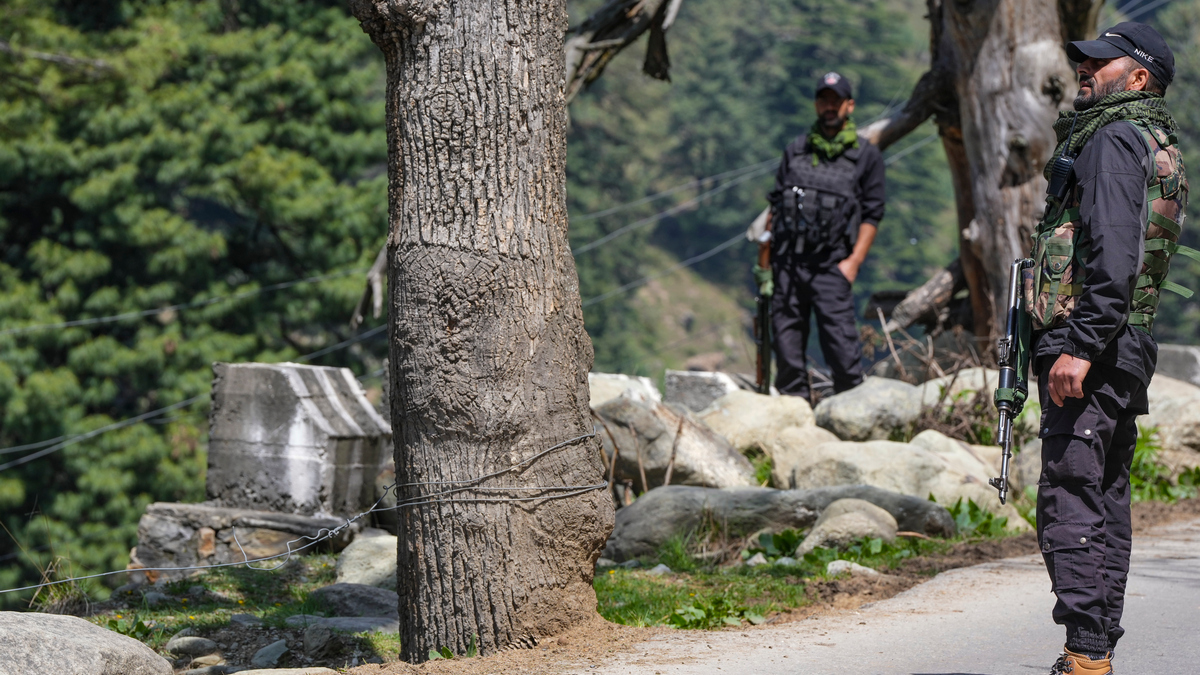)
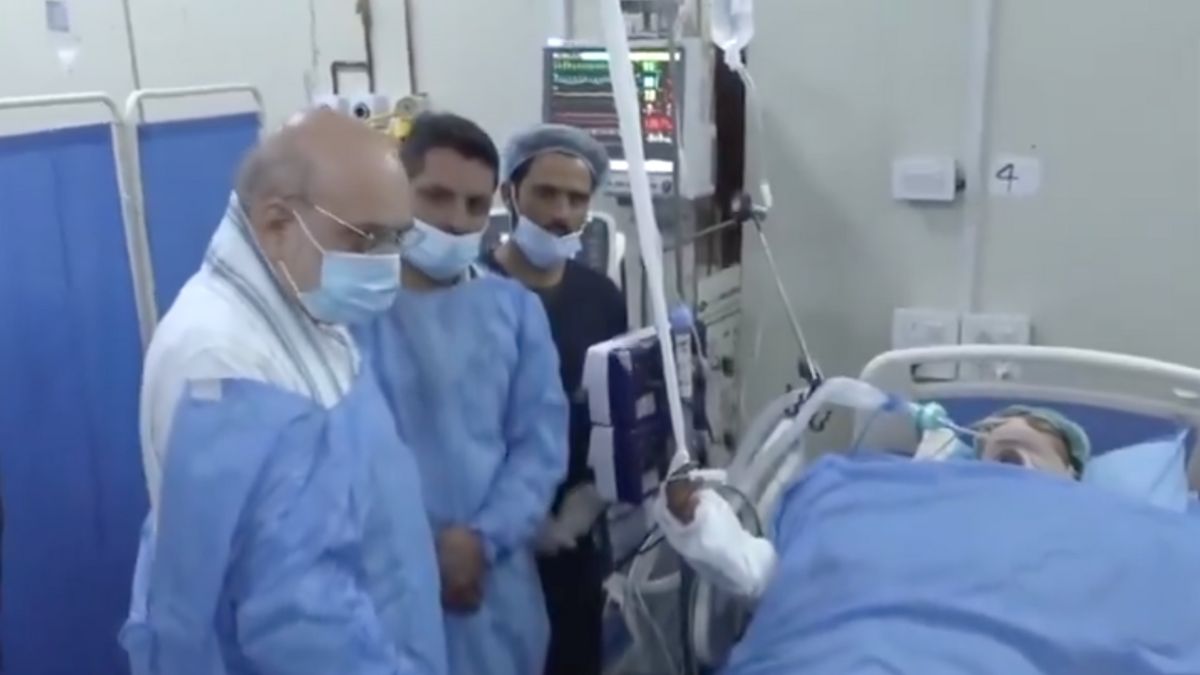)
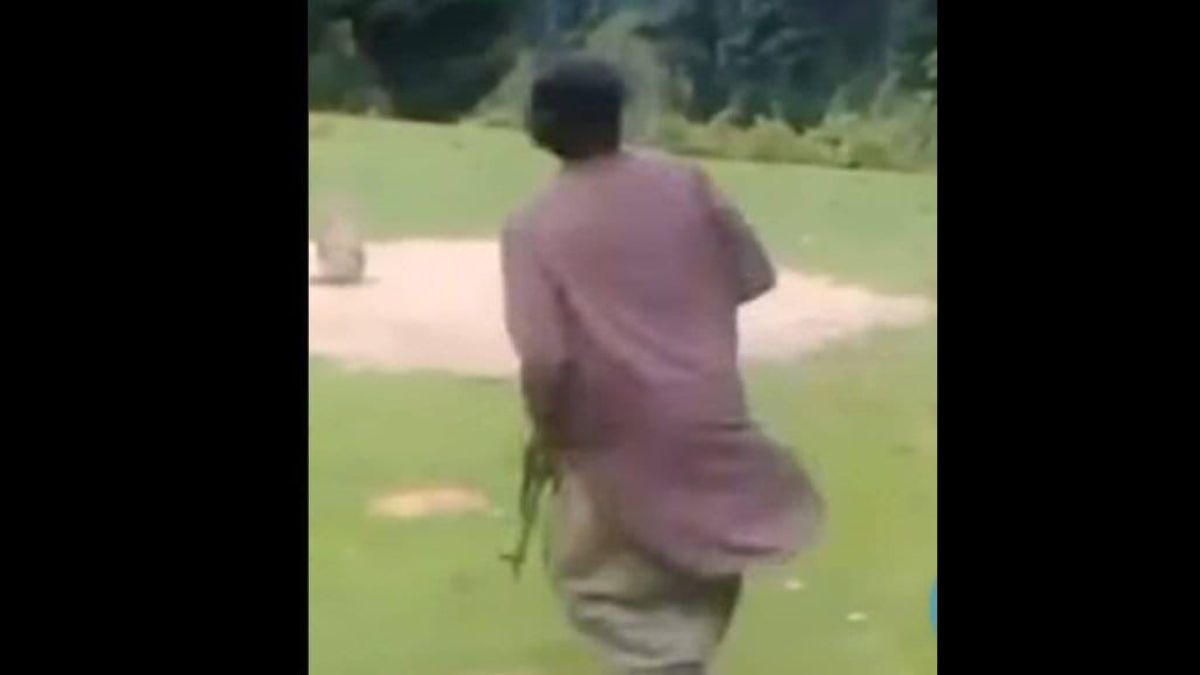)
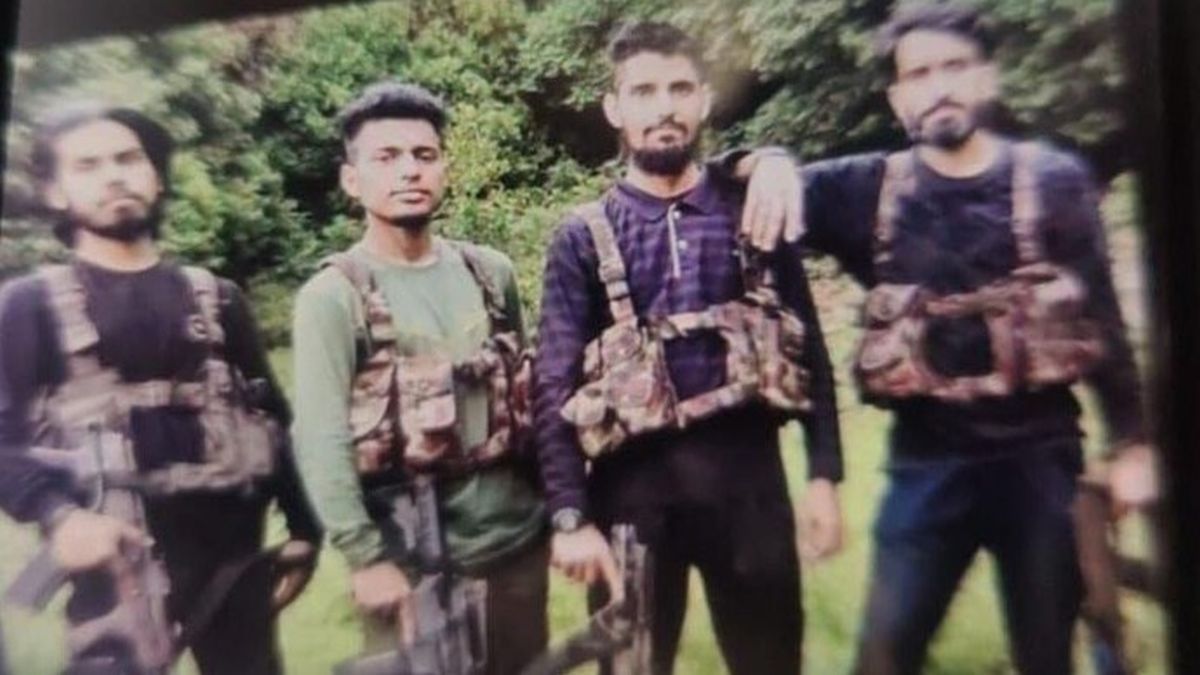)
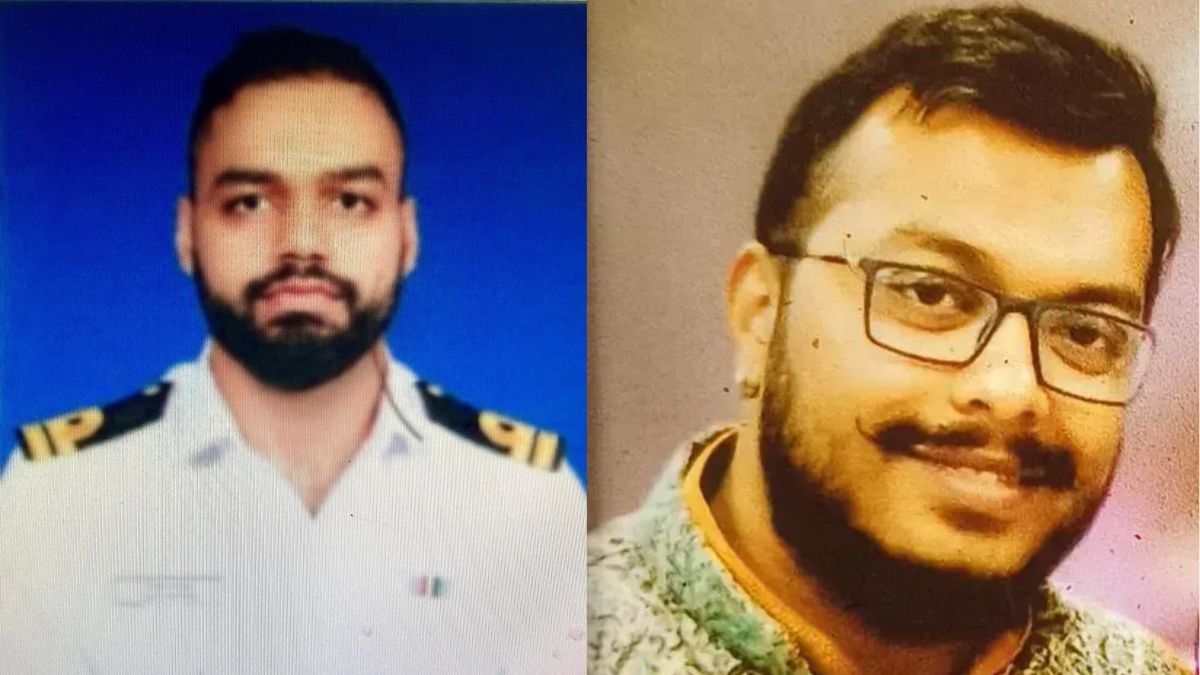)
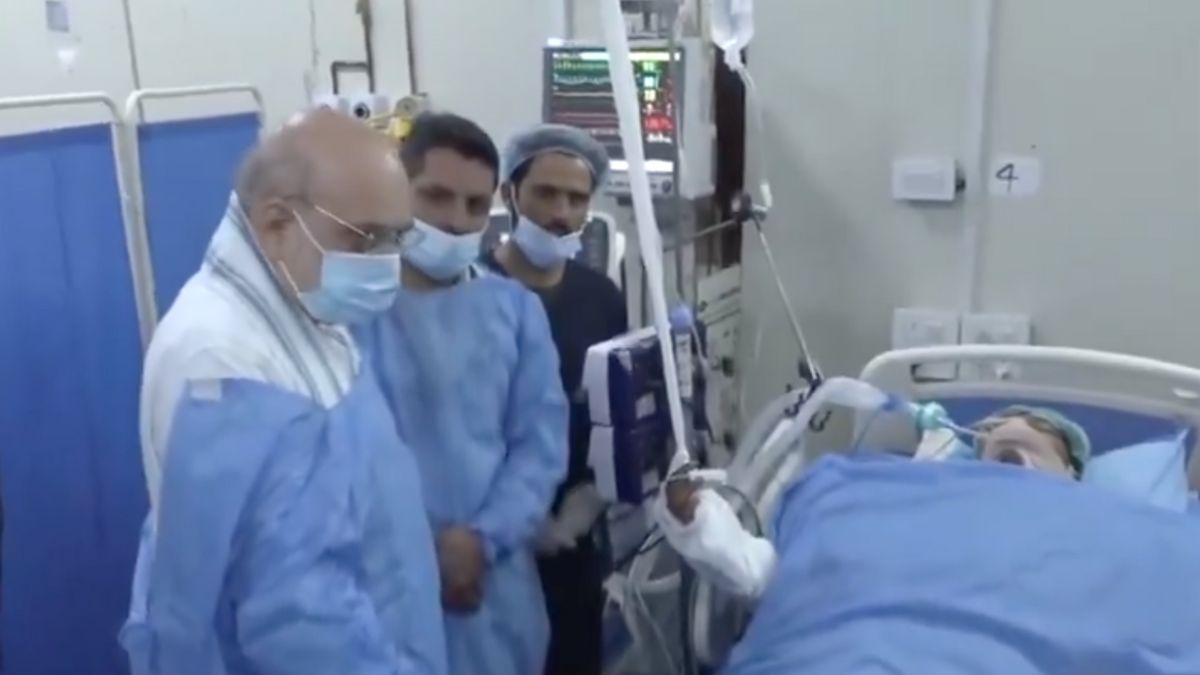)
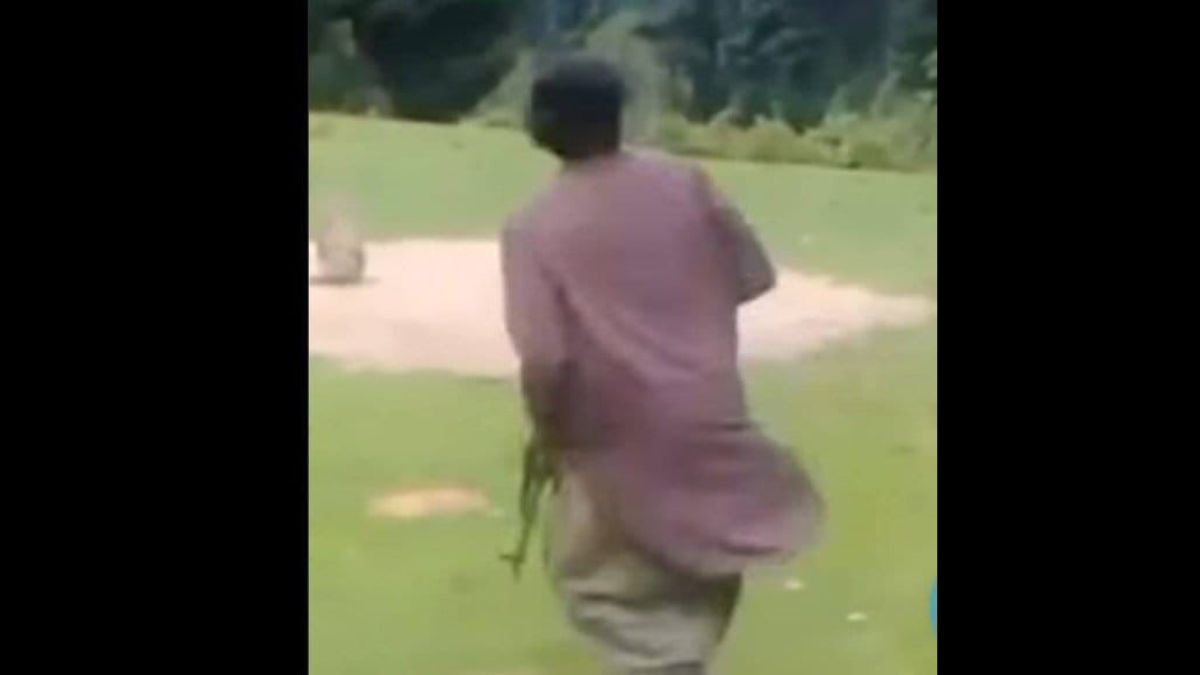)
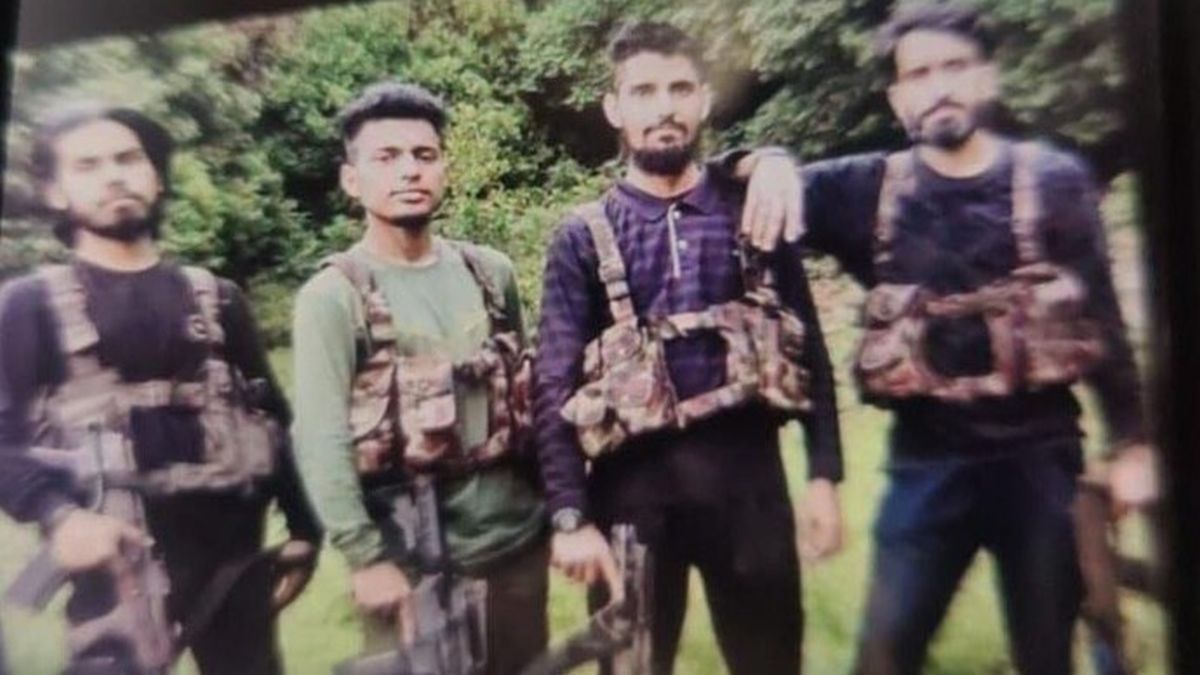)
)